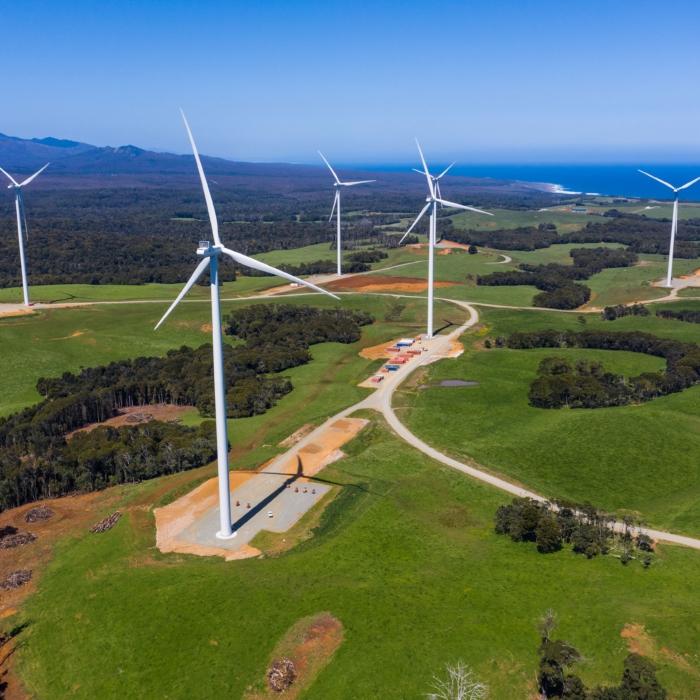The Scottish Government will have to spend an average of £1.1 billion a year by 2050 to achieve net zero, around 18 percent of its capital budget, a report has said.
“This is equivalent to 18 per cent of the Scottish Government’s 2024-25 capital budget of £6,193 million,” the report said, noting that these figures “do not include the costs associated with adapting to climate change or damage from climate change.”
The SFC explained that while achieving the carbon emissions target is a responsibility shared by the central UK and Scottish governments, the “fiscal burden” may fall more onto Scotland which will need to invest more in forestry, land use, and land use change.
Interim 2030 Target Could Be ‘Fiscal Risk’
Scotland also has its own interim target of reducing carbon emissions by 75 percent—compared to levels of territorial emissions in 1990—by 2030. The UK government aims for a 68 percent reduction by that year.The SFC labelled the 2030 target a “fiscal risk,” saying, “Overall, this presents a substantial pressure for public spending and could be difficult to manage within the Scottish Budget.”
“The Climate Change Committee have described the Scottish Parliament’s 2030 emissions reduction target as ‘extremely challenging.’ We think it could be difficult for Scottish Government to fund meeting it,” the SFC warned.
Reaching Net Zero ‘Our Moral Obligation’
Despite the fiscal risks and costs, SFC Chairman Professor Graeme Roy said, “Doing nothing, not responding to the challenge of climate change, will be far more expensive and damaging to the public finances than investing in net zero.”“Unmitigated climate change would be disastrous for the public finances. Economy, society and crucially our public finances. It is simply not an option,” Mr. Roy added.
Mairi McAllan, the Cabinet secretary for wellbeing economy, net zero, and energy in the Scottish Government, said that reaching net zero was an “environmental imperative and our moral obligation.”
Cost of Net Zero
Last week a paper by the Global Warming Policy Foundation and authored by former World Bank adviser Professor Gordon Hughes said that the UK’s energy transition to net zero is “unrealistic” and “threatens to be economically and socially unsustainable.”Mr. Hughes estimated that the cost could be a minimum of 5 percent of GDP for the next two decades, which might “easily exceed” 7.5 percent. This is far higher that the Climate Change Committee’s 2019 estimate of around 1 to 2 percent of GDP per year.
Either the net zero target is delayed to 2070 or 2075, or Britons will need to be persuaded to pay more for decarbonisation, the report warned.
Decarbonisation ‘Much More Expensive’ Than People Think
In February, senior economists told the Lords Economic Affairs Committee that the move to net zero will be much more expensive than people have been led to believe, and the exact cost of transitioning is not fully known.Olivier Blanchard, senior fellow at the Peterson Institute for International Economics, told peers that “there is a substantial fiscal cost to achieving anything close to net zero.”
“We don’t know exactly what it is. We know what we have to do today. But we don’t know how long and how much it will be in the future,” Mr. Blanchard said.
“The public doesn’t believe—or hasn’t been made to understand—that it is going to be costly for them. It is going to be costly,” he said.
Sir Dieter Helm, professor of economic policy at Oxford University, likewise told the committee that decarbonisation will be “much, much more expensive than people imagine.”







